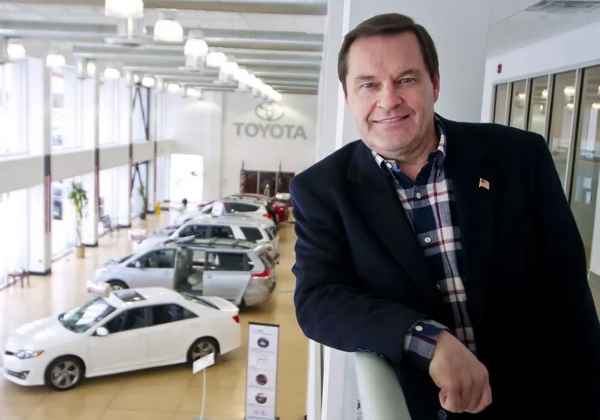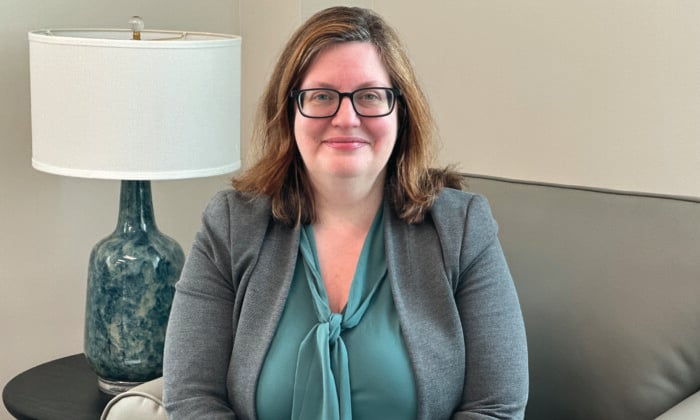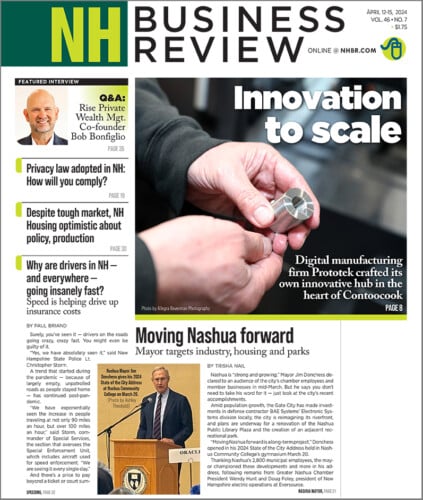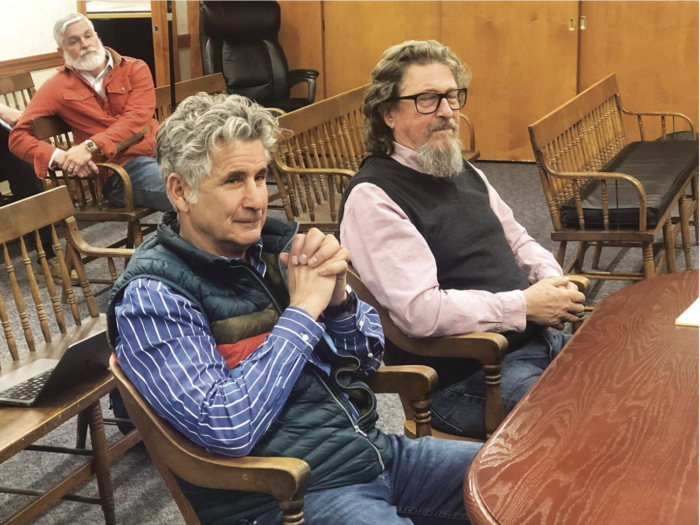California incubator supports health care professionals’ innovations
The Innovation Institute removes risk to advance health care technology

Innovation in health care takes longer and costs more than some investors are willing to take on. And beyond regulatory hurdles, health care institutions are cautious when considering new products and services, leading to slower adoption rates than in other industries.
In response to these hurdles, The Innovation Institute in La Palma, Calif., was founded in 2013, creating a model that involves health care professionals on the inventor and investor side, better aiding the advancement and adoption of health care technology.
The Innovation Institute serves as both a health care technology incubator, with its Innovation Lab in Newport, Calif., and a venture capital firm, with a shareholder base of seven nonprofit health care systems, 130 hospitals, 700 clinics, 58,000 physicians and 180,000 health care workers in 22 states.
“What the institute does is provide [health care professionals] with a way to commercialize an idea,” Barry Didato, chief investment officer at The Innovation Institute, explained to NH Business Review. “What we see at the lab comes from mostly organic channels. Think of a physician [or] nurse clinician, someone who works in a health system. Their idea may constitute nothing more than an idea [written] on the back of an envelope, and there are ideas like that we’ve been able to bring to market.”
Operating on this model, The Innovation Institute was able to reach profitability in just four months, and now has 16 portfolio companies with revenues exceeding $206 million.
“There’s no shortage of great ideas in health care innovation, but really until now the major challenge has been the dissemination of those products and services into the marketplace and that’s what the platform does that we built,” said Didato.
The institute currently has 1,400 different innovations in its pipeline — about 45 percent of which are medical devices, 35 percent are health care IT and the the rest regard areas including process improvement or therapeutics.
Didato is particularly excited about the future of connected devices.
“The Internet of Things is an absolute end driver for a lot of the innovations we’re going to see for the next few years,” said Didato. “Keeping people out of the hospital and allowing them to have continuous feedback — because the user experience on these things is getting friendlier — that is going to allow people to do a lot more to take charge of their data, their health, their decision-making. It is absolutely encormous and it’s fascinating to see what is coming forward over even the next 18 months.”
Submitting an idea
The Innovation Institute has a form on its website for an idea or early-stage product or service to be considered for funding and assistance. In return, the institute receives 60 percent of revenues — if the inventor is affiliated with one of its member owner health systems, the health system also receives revenues.
“Some innovators wants a check and Christmas card, we’re not that kind of investor,” said Didato. “We want to provide a kind of value, to help innovators get their product into the market sooner. We take a very active role.”
Didato recommends inventors to step back and look at the current landscape, find strategic partners that understand that landscape and determine how their idea or product could plug into that.
“We find a lot of innovators think their idea is unique and they haven’t done a Google search on it, only to find it already exists. The most successful innovators are married to the problem and not married to any particular solution and that’s the key,” said Didato. “Your orientation for success needs to be to be married to the problem and not to the solution, that allows them to pivot.”
Didato also warned inventors not to let the show “Shark Tank” form their image of the investment world. Some inventors rush out to Silicon Valley only to find investors have shied away from health care producs, due to the risk adverse nature of the health care industry, and are more interested in technologies like Uber, says Didato.
But that’s the advantage of working with The Innovation Institute, which accepts all risk and provides inventors a “safe house” for their idea.
The Innovation Institute has not partnered with an inventor in New Hampshire, but Didato expects sees the region as one of the major markets for health care innovation.
“I think there’s a strong culture of innovation within the Northeast. I would say certainly the Northeast is an absolute stronghold for innovation and serving as a broad incubator as well.”










